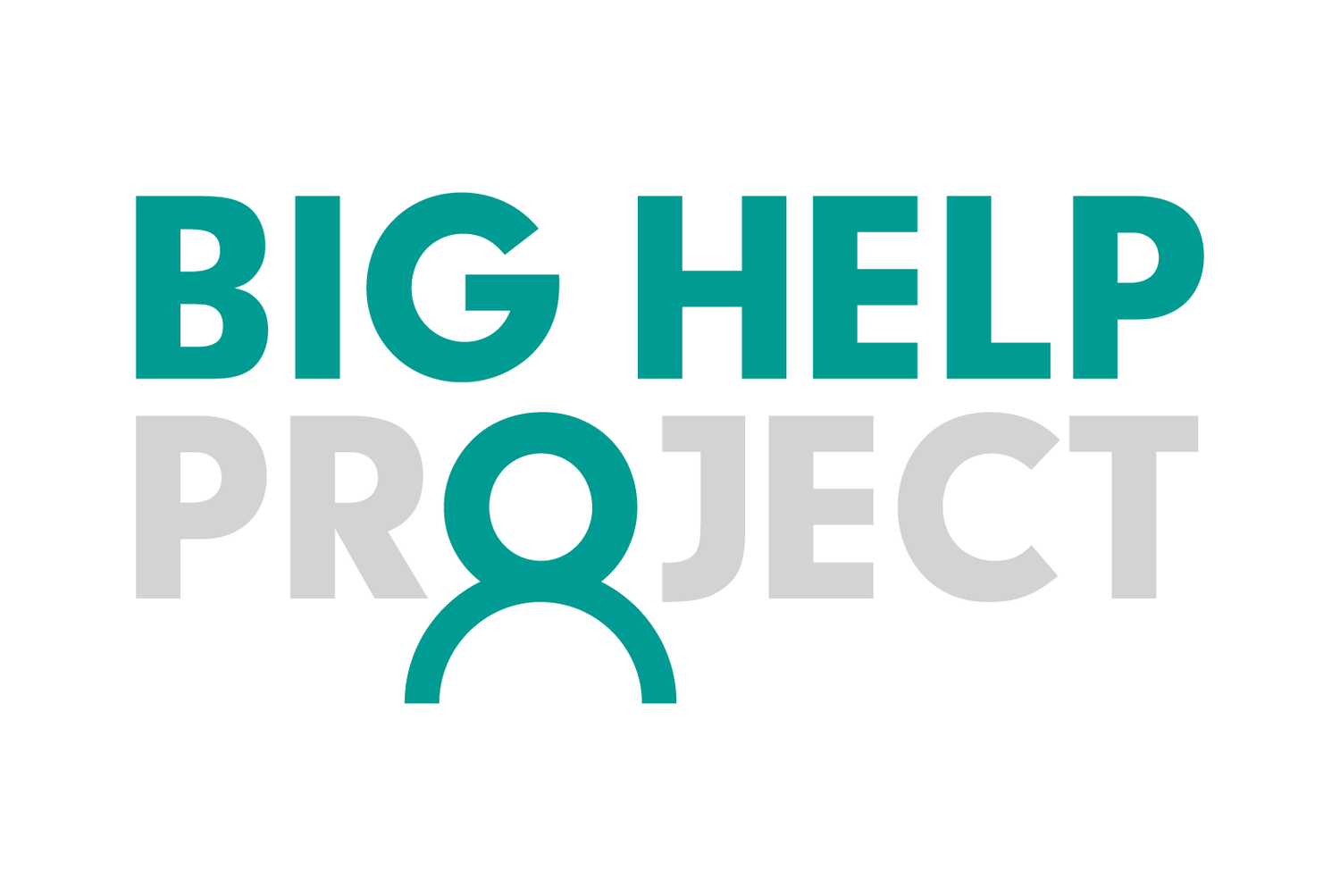Austerity: as COVID-19 pushes creates swathes of first-time benefit claimants, is it time to finally ditch the twin evils of the two-child limit and the 'rape clause'?
The two-child limit, which limits child tax credits to the first two children only-was tacked onto the body of Welfare Reform 2012 in 2017. Affecting Child Tax Credit claims for third or subsequent children born on or after April 7th 2017, this rule that strikes at core rights around family life However, despite the ongoing work of politicians such as SMP Alison Thewliss, media outlets, and individual journalists, there has been little progress. In 2018, as Kate and William Windsor introduced their third child, Prince Louis, to a welcoming world, other UK mums and mums-to-be faced a future where their child would not be acknowledged on a Child Tax Credit claim. This group is now set to grow exponentially, as the economic consequences of COVID-19 forces thousands of new claimants into the arena of a welfare policy which, although attempts to backdate it to before April 2017 have been abandoned, will still push an estimated 300,000 children into poverty, purely on account of their date of birth and family position.
This rule was informed by the ‘lifestyle choice’ delusion around poverty, and a societal malaise that reveals itself in the vicious language used to describe benefit claimants-language which, as observed by Owen Jones in 2011, would cause outrage if aimed at groups with Protected Characteristics [1]. How rule-makers believe a foetus makes a ‘choice’ is yet to be explained, but of course, the answer is that the foetus, although affected by the choices made before and after it’s conception, is not held to blame: the blame, this framework implies, lies with the mother.
Her exact crime is unclear, but it is not a great leap to infer the logic goes that, with the ready availability of contraception, a pregnancy must, therefore, always be elective. Setting aside the fact that contraception can fail, recent evidence that suggests COVID-19 has affected access to contraception services. In the absence of contraception, abortion-emphatically not a form of contraception-emerges. As revealed by The Guardian’s Polly Toynbee, research by the British Pregnancy Advisory Service indicated that “among affected groups…57% said that the policy was important in their decision-making around whether or not to continue the pregnancy.” This is surely a grotesque inversion of the ‘choice’ that is meant to underpin current abortion legislation, and is a slamming indictment of the absence of compassion within this area of the Welfare Reform Act 2013.
Or maybe not: in an attempt to-maybe-bring some compassion into proceedings, Clause 11 was introduced, to protect the Child Tax entitlement for a third-or-subsequent child under certain exemptions. This includes an exemption for women who have, or are likely to have, conceived that child through rape, coercive control or lack of capacity. If this is provision for women who have conceived in those circumstances, withholding Child Tax for women pregnant not as a result of those circumstances must be a sanction against that latter group. Clause 11 requires the woman to complete a form with a third-party professional, and to leave her abuser. To date, 900 women have claimed this money since it was introduced. Given that rape is notoriously under-reported, the number of women living their abuser and not receiving this payment for a child that would otherwise qualify is just one of the ways that this inherently flawed rule will bring forth sorrow for years to come.
COVID-19 has triggered protestations that lockdown amounts to an infringement upon liberty. However, the families that this rule will soon affect are facing a far greater and more far-reaching infringement upon their liberty and family life. If this seems like overkill, look to former-UN Human Rights Chief Navi Pilla: "Ensuring that women have full autonomy over their bodies…when, how and with whom they choose to have sex, and when, how and with whom they choose to have children – are at the heart of living a life in dignity." The two-child rule and the ‘rape clause’ violate those ideals. It can only be hoped that the predicted rise in unemployment, and the corresponding increase in working-age benefit claims since March 2020, generates enough of an outcry, in sufficient numbers, to force a repeal of this reprehensible law.
This piece reflects the authors’ own views, and was written as part of an Undergraduate Blog for assessment purposes.
[1] JONES, OWEN, 2011 (2016). Chavs: the Demonisation of the Underclass. Page 22. London: Verso
_______________________________________________________________________________________________
Bibliography
BBC News online, 23rd April 2018. Royal baby: Duke and duchess show off new son. Available from https://www.bbc.co.uk/news/uk-43864933
BBC News online, 11th January 2019, Universal credit: U-turn on two-child cap on benefit. Available from https://www.bbc.co.uk/news/uk-politics-46827301
BBC News online, 25th November 2020. Spending Review: Unemployed predicted to rise to 2.6 million. available from https://www.bbc.co.uk/news/uk-politics-55072987
BBC News online, 28th November 2020. Covid: More than 150 arrests at London anti-lockdown protest. available from https://www.bbc.co.uk/news/uk-england-london-55116470
BPAS 7th July 2020. Women cannot control fertility through contraception alone: bpas data shows 1 in 4 women having an abortion were using most effective contraception. Accessed 11/01/2021. Available from https://www.bpas.org/about-our-charity/press-office/press-releases/research-finds-that-the-two-child-limit-is-a-significant-factor-in-women-s-decision-to-end-a-pregnancy-during-the-pandemic/
BPAS, 3rd December 2020. Research finds that the two-child limit is a “significant factor” in women’s decision to end a pregnancy during the pandemic. Accessed 11/01/2021. Available from https://www.bpas.org/about-our-charity/press-office/press-releases/research-finds-that-the-two-child-limit-is-a-significant-factor-in-women-s-decision-to-end-a-pregnancy-during-the-pandemic/
BUTLER, P., The Guardian online, 17th July 2017.Accessed 11/01/2021. Available from https://www.theguardian.com/society/2020/jul/17/data-shows-900-women-in-uk-affected-by-tax-credit-clause

